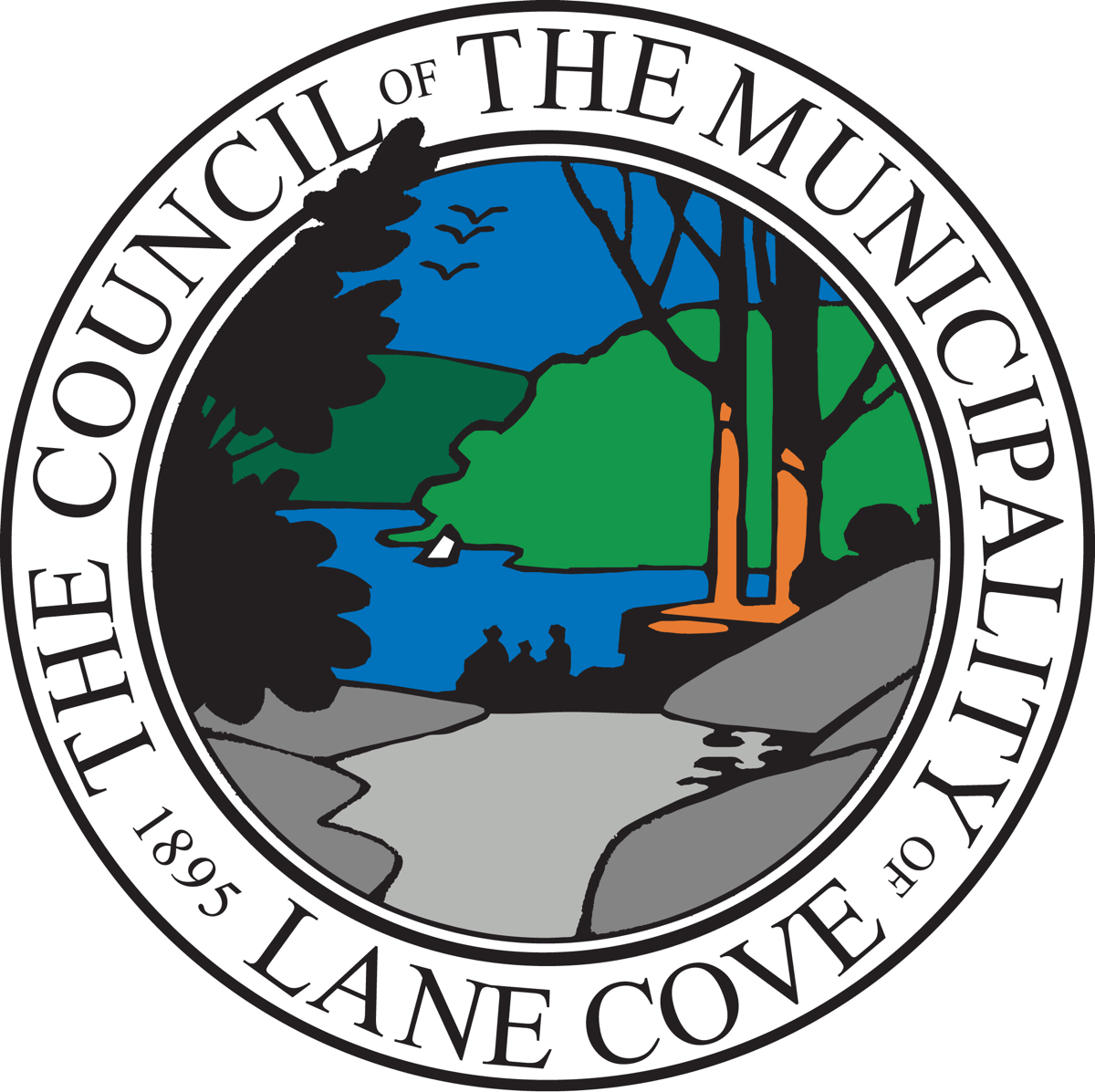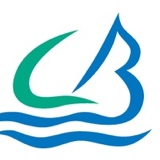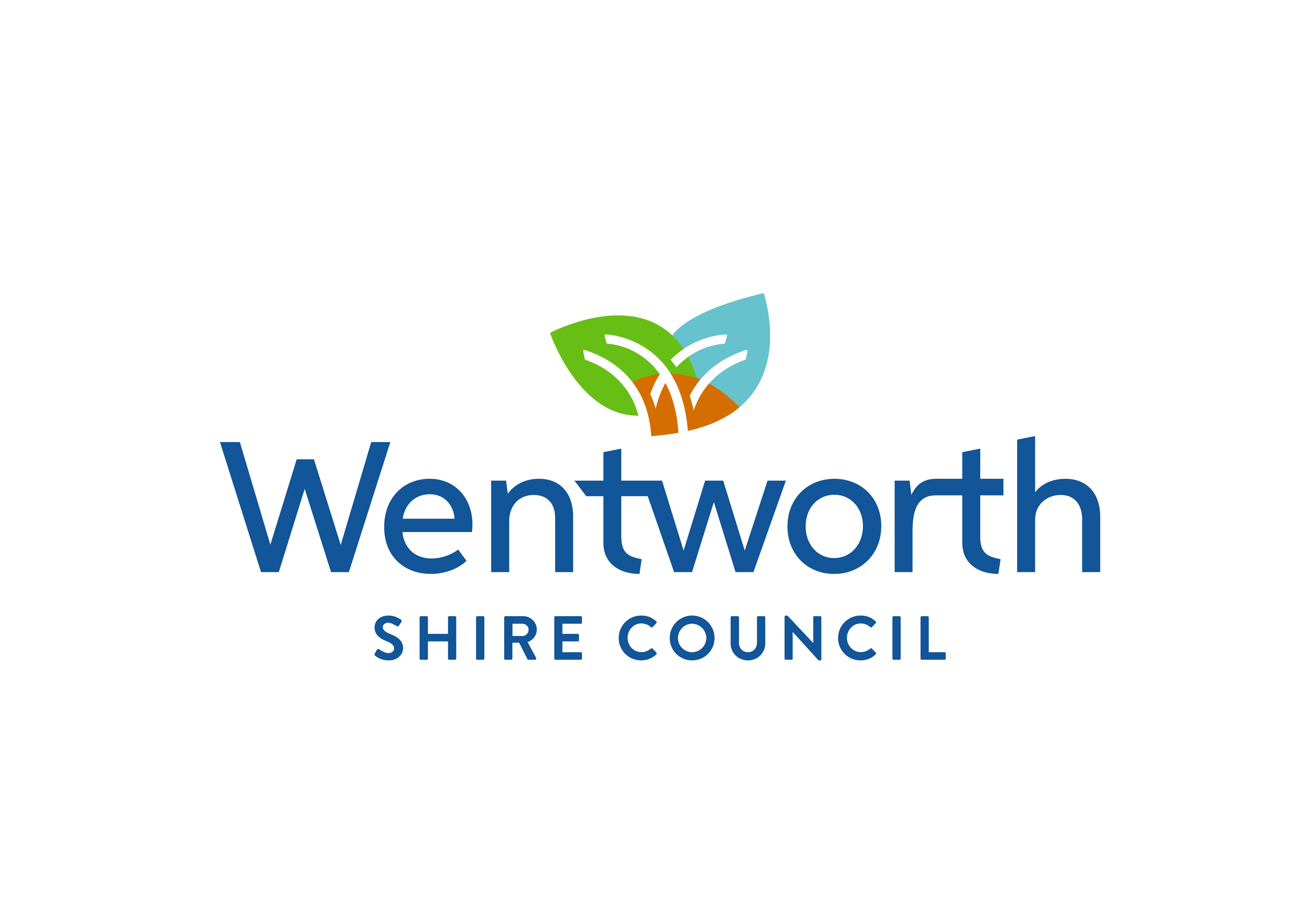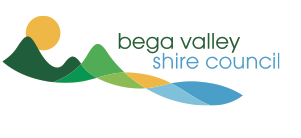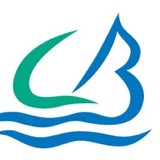Information
-
Audit Name
-
Conducted on:
-
Conducted by:
-
Client / Site Location
-
TRIM Container #
-
Document No.
Inspection Details
-
Date of Inspection
-
Time of Inspection
-
Address
-
Trading Name
-
Person Interviewed
-
Proprietor/Company
-
Phone
-
Email
-
Food Safety Supervisor (FSS)
-
FSS Certificate No.
-
Inspection Type
General Requirements
-
Food business has notified details to Lane Cove Council
-
Details
-
Add media
-
Food Safety Supervisor is notified and certificate is on the premises.
-
Details
-
Add media
-
Food handlers have skills and knowledge to handle food safely.
-
Details
-
Add media
-
No sale of food that is damaged, deteriorated or perished; no use of cracked or dirty eggs or food past use by date
-
Details
-
Add media
Food Handling Controls (FSS 3.2.2 cl 5-12)
-
Food is protected from the possibility of contamination (food receipt, storage, display and transport)
-
Details
-
Add media
-
Names and addresses are available for manufacturer, supplier or importer of food.
-
Details
-
Add media
-
Potentially hazardous food (PHF) is under temperature control.
-
Details
-
Add media
-
Processing of foods; items thawed correctly, processed quickly, no contamination risk.
-
Details
-
Add media
-
Cooked PHF is cooled rapidly.
-
Details
-
Add media
-
Reheating of PHF is rapid - oven, stove top or microwave but not bain marie.
-
Details
-
Add media
-
Self serve food bar is supervised, has separate utensils and sneeze guard.
-
Details
-
Add media
-
Food wraps and containers will not cause contamination.
-
Details
-
Add media
-
Food for disposal is identified and separated from normal stock.
-
Details
-
Add media
Health and Hygiene (FSS 3.2.2 cl 13-18)
-
Food handlers wash and dry hands thoroughly using hand wash facilities.
-
Details
-
Add media
-
Food handlers avoid unnecessary contact with ready to eat food or food contact surfaces by use of utensils, a gloved hand, food wraps, etc.
-
Details
-
Add media
-
Food handlers do not spit or smoke in food handling areas or eat over exposed food or food contact surfaces.
-
Details
-
Add media
-
Food handlers have clean clothing, waterproof covering on bandages.
-
Details
-
Add media
-
Food handlers wash hands before commencing/recommencing work and after: using the toilet, coughing, sneezing, smoking, handling raw meat, cleaning, etc.
-
Details
-
Add media
-
Food handlers do not handle food if ill (eg. vomiting, gastro)
-
Details
-
Add media
-
Hand washing facilities easily accessible and used only for washing of hands, arms and face.
-
Details
-
Add media
-
Hand washing facilities (including those at toilets) have warm running water through single spout, single use towels (or air dryer) and soap.
-
Details
-
Add media
Cleaning and Sanitising (FSS 3.2.2 cl 19-20)
-
Premises, fixtures, fittings and equipment maintained to an appropriate standard of cleanliness.
-
Details
-
Add media
-
Food contact surfaces, eating and drinking utensils in a clean and sanitary condition/appropriate sanitising method in use (eg. chemicals or dishwasher).
-
Details
-
Add media
Miscellaneous (FSS 3.2.2 cl 22-23)
-
Accurate temperature measuring device readily accessible (eg digital probe thermometer), accurate to +/- 1 degree Celsius.
-
Details
-
Add media
-
Single use items protected from contamination and not reused (eg. Drinking straws, disposable utensils).
-
Details
-
Add media
Animals and Pests (FSS 3.2.2 cl 24)
-
Live animals not permitted in areas in which food is handled.
-
Details
-
Add media
-
Practical pest exclusion measures used (eg. screens, door seals).
-
Details
-
Add media
-
Practical measures to eradicate and prevent the harbourage of pests used (eg housekeeping, stock rotation, pest controller).
-
Details
-
Add media
-
No signs of insect infestation or rodent activity in premises.
-
Details
-
Add media
Design and Construction (FSS 3.2.3)
-
General design and construction of premises appropriate.
-
Details
-
Add media
-
Adequate supply of potable water available.
-
Details
-
Add media
-
Premises has adequate sewerage and waste water disposal system.
-
Details
-
Add media
-
Premises has adequate storage facilities for garbage and recyclable matter.
-
Details
-
Add media
-
Premises has sufficient lighting.
-
Details
-
Add media
-
Floors are able to be effectively cleaned.
-
Details
-
Add media
-
Walls and ceilings are sealed and able to be effectively cleaned.
-
Details
-
Add media
-
Fixtures, fittings and equipment are able to be effectively cleaned and, if necessary, sanitised.
-
Details
-
Add media
-
Adequate ventilation provided within the premises.
-
Details
-
Add media
-
Premises has adequate storage facilities (eg chemicals).
-
Details
-
Add media
Maintenance (FSS 3.2.2 cl 21)
-
Premises, fixtures, fittings and equipment in a good state of repair and working order.
-
Details
-
Add media
-
No chipped, broken, or cracked eating or drinking utensils observed.
-
Details
-
Add media
Labelling (FSC Chapter 1)
-
Food labelling complies with the Food Standards Code.
-
Details
Additional Notes
-
Comments:
-
Further action required
Declaration
-
I HAVE READ THIS REPORT AND UNDERSTAND THE CONTENTS
-
Owner/Employee name & signature
Officer Details
-
Officer's name & signature
-
Phone
-
NOTE: assessment report contains findings from date/time of inspection only.
